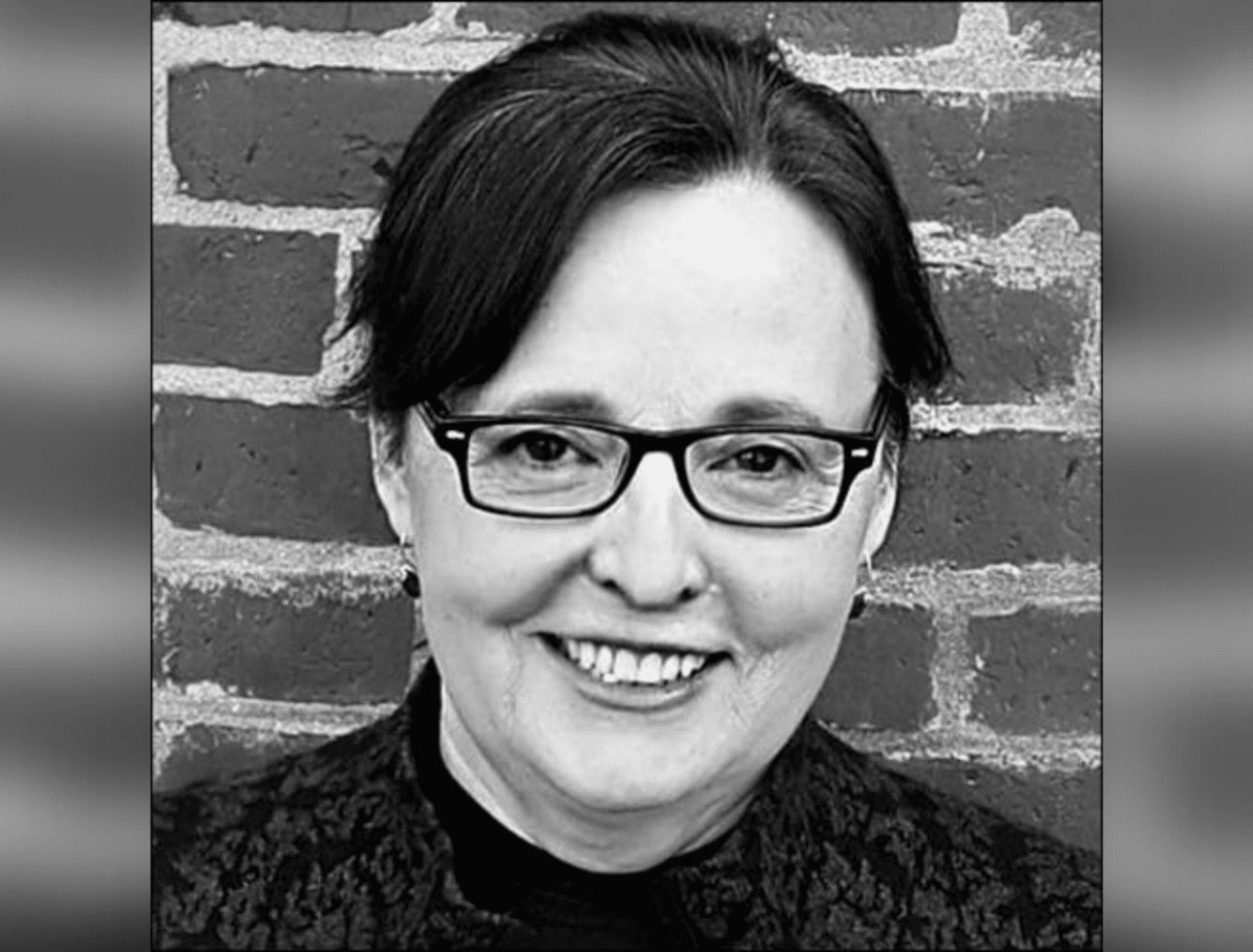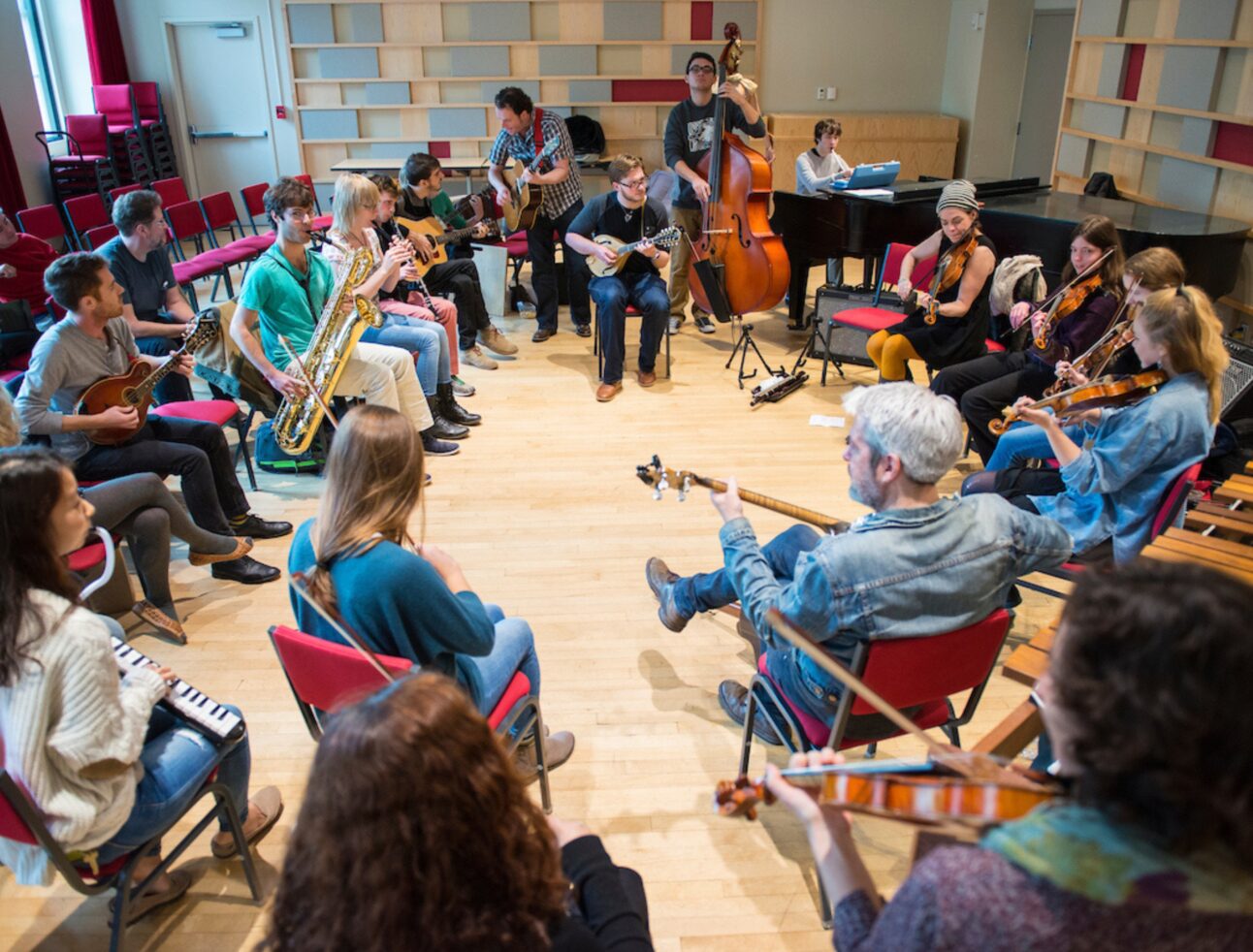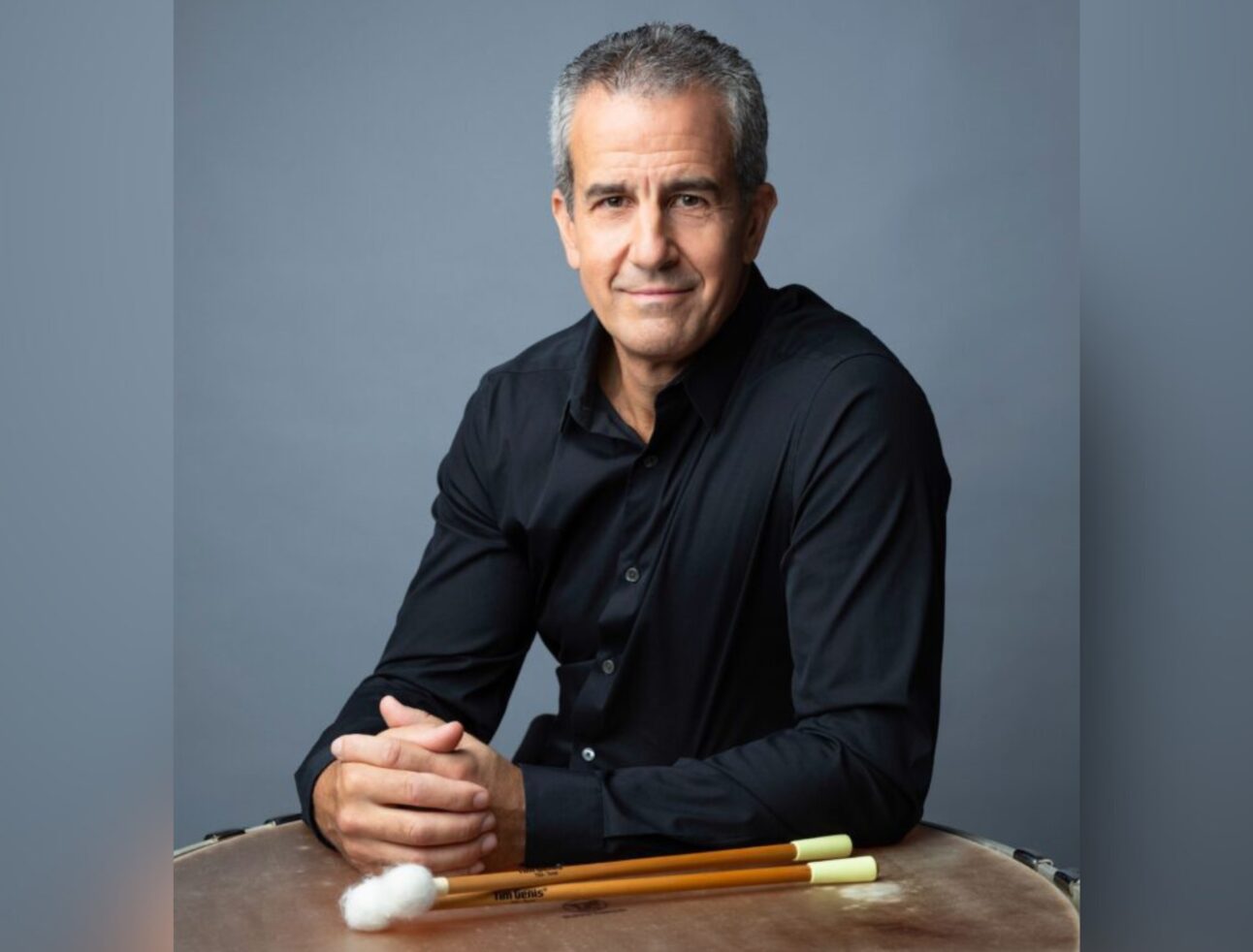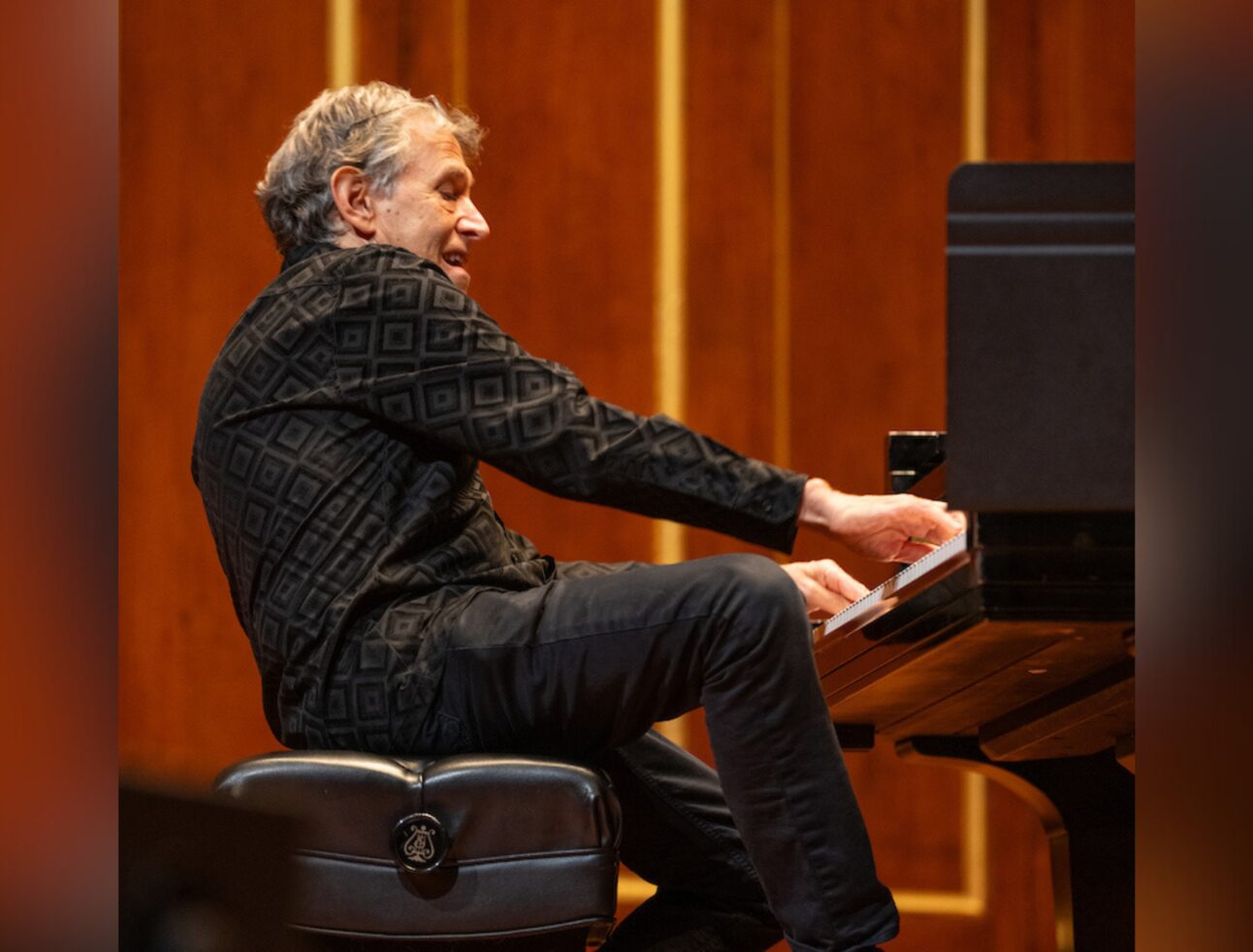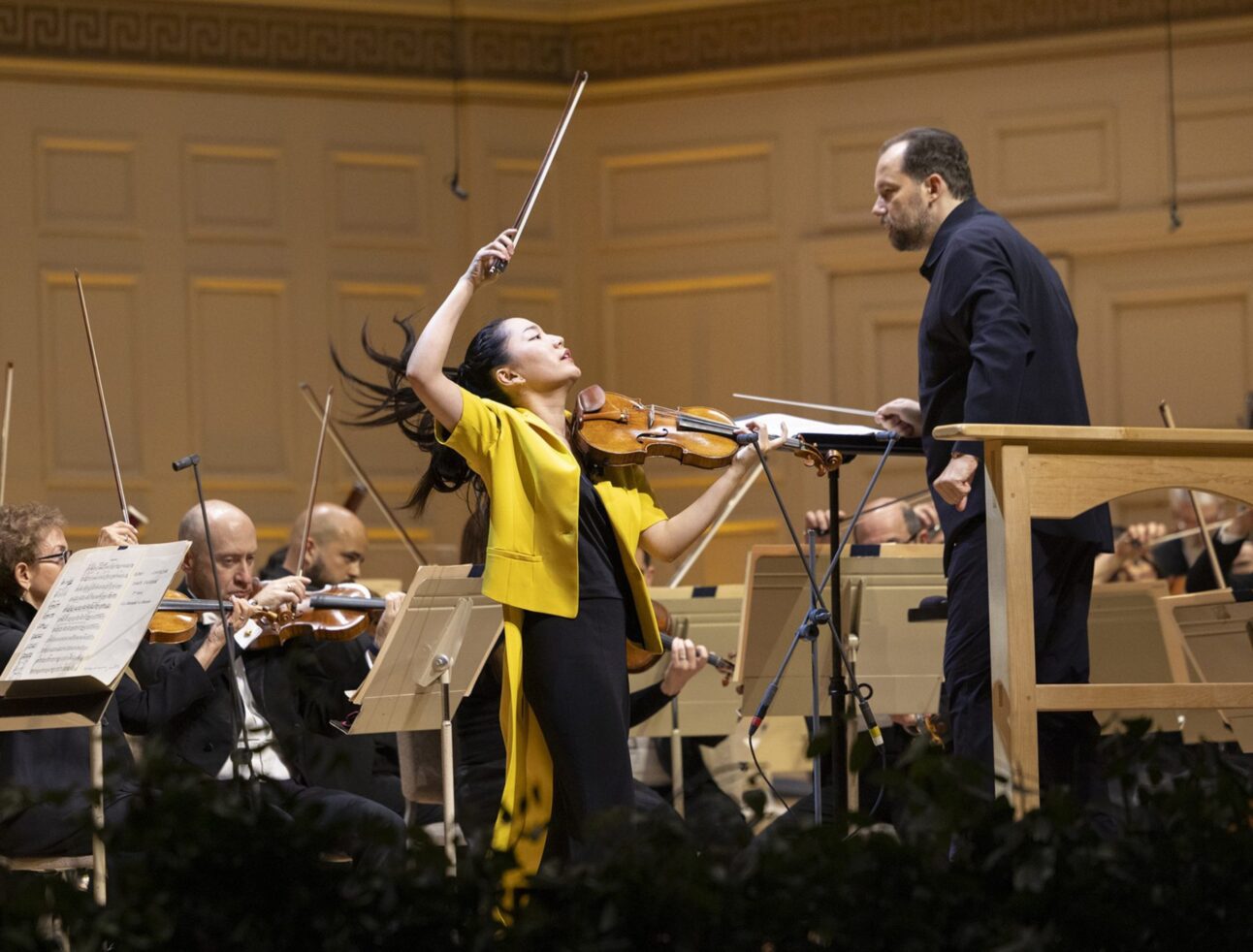Yangfan Xu’s journey into the world of music began in a household filled with classical melodies. Her father, a composer, and her mother, a soprano, instilled a love for music from an early age. However, only after her father’s passing when she was 13 would Yangfan discover her own passion for composing, a calling that would shape her life and lead to the New Jersey Symphony’s premiere of her work “Bya.”
For Yangfan, this first step of her musical journey is easy to recall. When she was a child, Yangfan did not remember being interested in music. That was what her parents did. One afternoon, everything shifted. “I was doing my own stuff in the living room and, all of a sudden, I heard this gorgeous music. I had never heard anything like it in my whole life.” Following the sounds, she went into her father’s studio and found him opening up his compositional notation software, Sibelius, from which the program’s starting music poured. “That’s when I knew I wanted to do music,” Yangfan says.
After that, Yangfan dedicated herself to music. Her education began at the Central Conservatory of Music in China, where she studied musicology as a high school student. Eager for more, she moved across the world to obtain her bachelor’s degree in composition at the San Francisco Conservatory, followed by a master’s degree in composition from The Juilliard School.
Today, Yangfan Xu is a second-year Doctor of Musical Arts (DMA) candidate at New England Conservatory (NEC). Though only 25, she has already garnered prestigious awards, such as the Society for New Music’s 2021 Israel/Pellman Award and the 2021 New Juilliard Ensemble Composition Competition. Her culture-blending works have been performed by the likes of the Friction Quartet, Hausmann Quartet, and Ravel Virtual Studios.
But for Yangfan, music is more than just notes on a page; it’s a canvas of colors, a bridge between cultures, and a celebration of life’s intricate tapestry. Her piece, “Bya,” a Tibetan word for “birds,” illustrates this fusion of culture and style, drawing inspiration from her transformative journey to Tibet in 2016.
“The music came to me when I got back from my trip,” she says about the composition process. “I was constantly thinking about writing this piece, but I never felt ready to start until the pandemic when we were all locked down and stayed home. That was when I started to have these recurring dreams.”
The composition’s three sections vividly capture the essence of her experience, from the initial shock of Tibet’s beauty to the meditative moments by Yamdrok Lake, where the trumpet mimics the ethereal calls of birds. The final segment delves into the Tibetan ritual known as the “sky funeral,” a personal theme for Yangfan that symbolizes the profound connection between humanity and nature.
Despite its weighty subject matter, “Bya” is infused with life, a hallmark of Yangfan’s musical identity. She says, “My music is almost always characterized by its energetic vitality.”
It was Yangfan’s vitality that led her to NEC. When looking for the next stage of her educational career, she was specific in her search. “I knew a lot of amazing musicians, string players especially, were going to NEC when I was applying. I wanted to make connections with those top musicians because strings writing is something I am very interested in as a composer.”
While Yangfan’s music made her an excellent candidate for the DMA program, the DMA program was an excellent choice for her. “My music lends itself to my identity, inheritance, personality, and interest in nature, history, and cultures,” she says. “That’s why I chose NEC in the first place. It’s a very unique school. All these different people are here, and different programs are doing things you don’t often get in other conservatories.”
While NEC has offered Yangfan exposure to music, theory, people, and philosophy, it was NEC’s mentorship opportunities that pushed Yangfan in new directions, which landed her piece “Bya” on the New Jersey Symphony stage.
The path to this premiere was a challenging one. The first time Yangfan submitted “Bya” to the New Jersey Symphony’s Cone Institute Concert, she was rejected. Fortunately, Yangfan participated in an NEC mentorship program, where she worked with composer Geoffrey Hudson, an NEC alumnus and composer. Hudson and her teacher Kati Agócs, encouraged Yangfan to reapply for the New Jersey Symphony program.
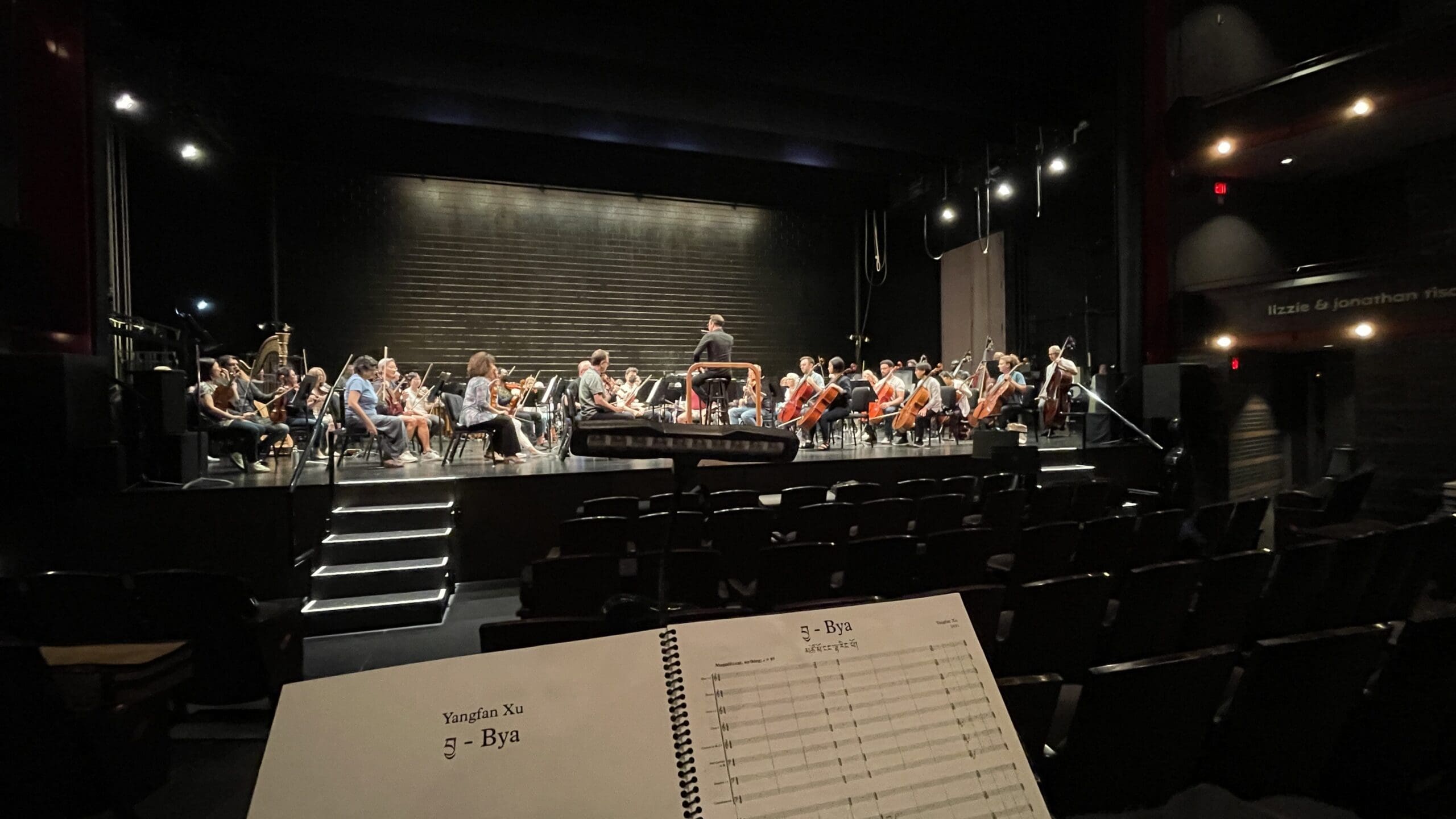
“Geoff and Kati think I have a very strong musical language,” she says about the mentoring relationships. “They think my strength is that I have an original voice that combines some folk elements with my own style. I had these things already but didn’t know how to communicate them with audiences who might be non-musicians. The mentor program helped me understand how important that communication is.”
A sense of connection defines Yangfan’s work and inspires her to get her work played in faraway places. “Bya” will next be performed with the Sydney Contemporary Orchestra on October 6, 2023. The opportunity arose after Yangfan cold-emailed the orchestra’s office to inquire if there was any possibility of her piece making it to Australia. To her surprise, they accepted her work.
When asked what she looks forward to most about the performance, Yangfan says, “When I have a different audience, they create an entirely different piece and an entirely different music experience. I think music is the experience. And what excites me the most is getting to know different communities and people and making very different connections with them.”
Yangfan intends to bring this experience back to Boston, where she and her piano will work on her commission for the Boston New Music Initiative.
While the project itself is currently under wraps, Yangfan was able to reveal that an iconic Boston landscape will inspire the piece. She is eager to work and collaborate with her classmates, colleagues, and instructors.
“I’ve changed so much in the last year as a person and a composer,” Yangfan says. “NEC and all the new people I’ve met here have helped me understand myself and how important communication is as an artist.” Given her openness and curiosity about the world, Yangfan’s work will only continue to evolve and delight.
“NEC and all the new people I’ve met here have helped me understand myself and how important communication is as an artist.”
Yangfan Xu

